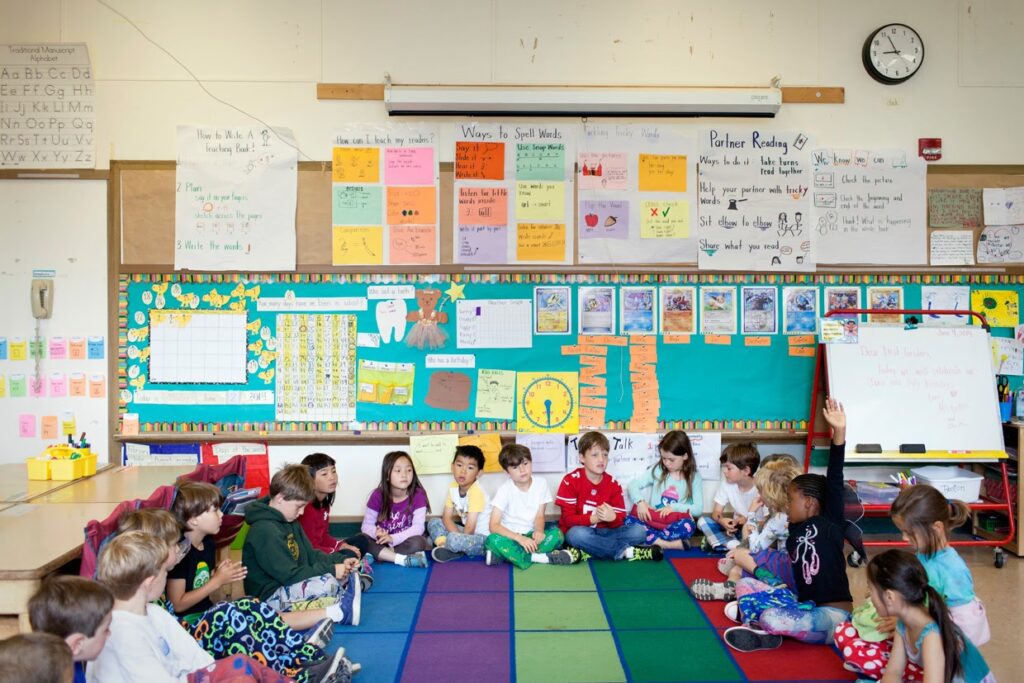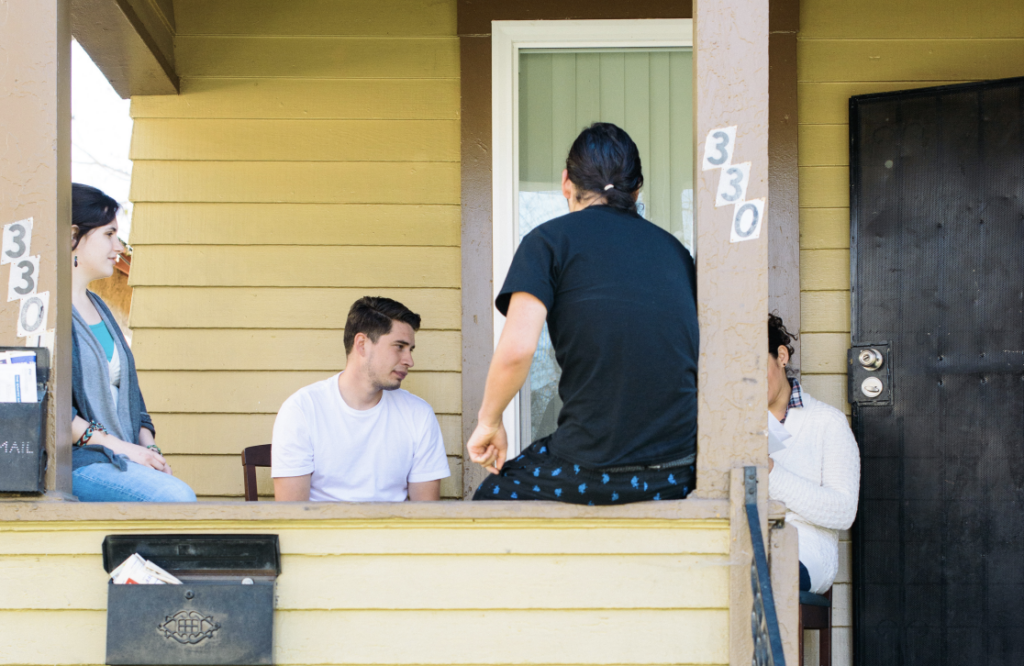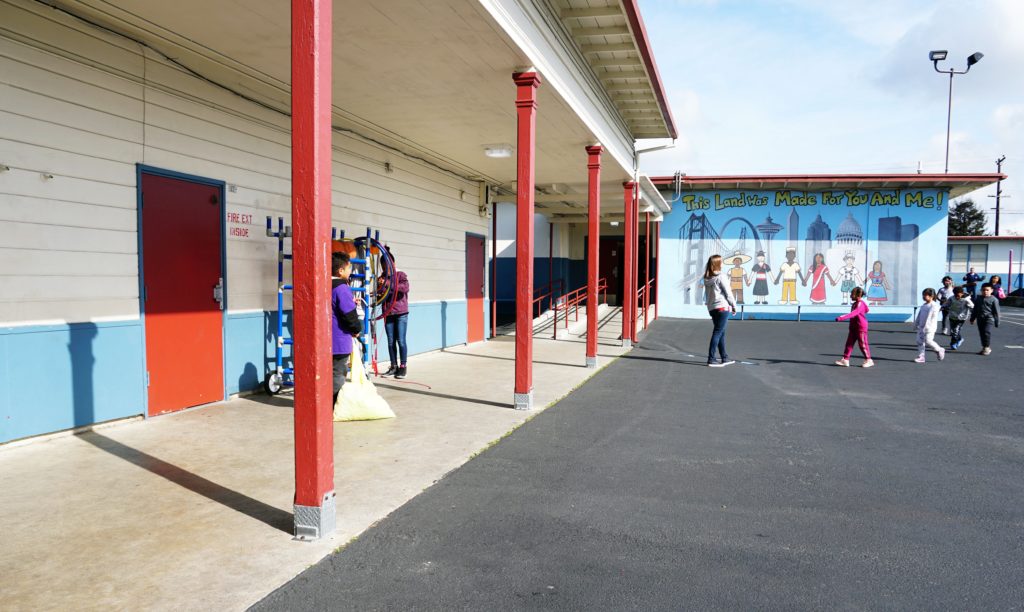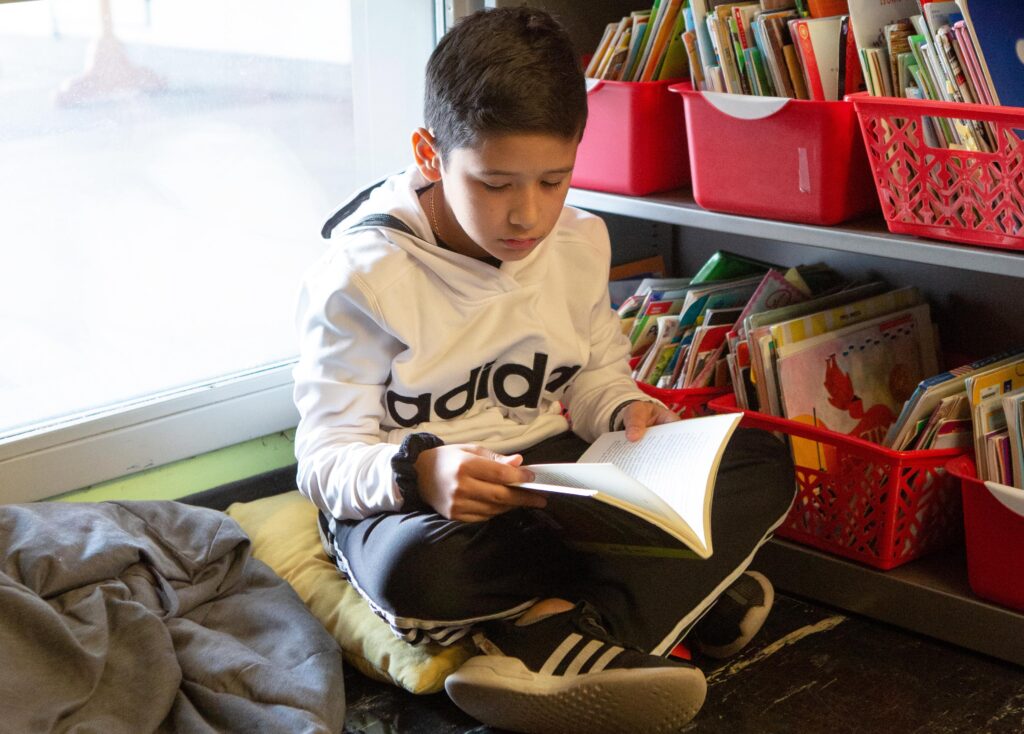Dedicated mentorship, training for potential superintendents, and trust-building are some of the solutions to curb the growing number of superintendents in California who are leaving the job, according to panelists at Tuesday’s EdSource roundtable discussion, “Superintendents are quitting: What can be done to keep them?”
Some of the most cited reasons for exiting the profession include polarizing politics, division over the effects of the pandemic-related school closures, and stress.
“No matter what we may have thought, superintendents became the public face of the pandemic and, in most instances, they were merely following public health dictates,” said panelist Carl Cohn, former superintendent of the Long Beach and San Diego school systems.
Four out of the five panelists on the roundtable left their superintendent positions within the last four years. At least one cited the Covid-19 pandemic as his reason for leaving sooner than he planned.
They are far from alone: Superintendent turnover in California grew by nearly 10 percentage points between the 2019-20 and 2020-21 school year, according to research by Rachel S. White of the University of Tennessee, Knoxville. After the 2021-22 school year, over 18% of superintendents across the state stepped down.
“In many cases, it’s not just the divide, but it’s how people are treating each other,” said Chris Evans, who stepped down as superintendent of Sacramento’s Natomas Unified after 11 years. Evans left the position in 2023 after years of personal, hateful threats, some of which led the school board to agree to pay for security at his home.
It’s evident that much of the political divide seen at a national level is mirrored in California, some panelists said.
“Anybody who thinks that California is this special place that somehow isn’t part of this national partisan divide… it is really front and center,” said Cohn, now a professor emeritus and senior research fellow at Claremont Graduate University. “So I think we need to spend more time on these issues of who are the good people who can facilitate dialogue across interest groups.”
Agreeing with Cohn, Gregory Franklin, who served as superintendent of Tustin Unified School District in Orange County for 10 years, added that many superintendents have good relationships with their school board. But he noted that it’s often new school board members who aren’t always well-versed in the importance of a good relationship between the two.
“How do you bring on board these new board members so that they understand the roles that they’re stepping into, what the role of individual board members is, as well as the superintendent, so that they can try and work in service of children?” he asked, citing the Association of California School Administrators and the California School Boards Association as two potential resources for this issue.
Public division between superintendents and school board members, panelists said, has become a significant part of why school districts statewide are finding it difficult to attract new superintendents for the positions left vacant by those stepping down.
Particularly worrying to many of the former superintendents was the issue of potential state budget cuts.
Some pointed out that the high turnover rate of superintendents in just the last four years has resulted in lower overall experience in the role, just as school districts might begin facing years of financial instability. Their expertise, especially from those who served as superintendents during and after the 2008 recession, could be crucial at this time, they added.
To increase retention of current superintendents, the panelists suggested greater support for them in the form of mentorships.
Cathy Nichols-Washer, for example, said that “from Year 1 to Year 20” of her time as superintendent of the Central Valley’s Lodi Unified, “there were times when I needed someone to be a sounding board or even to give advice as a mentor.”
While she suggested “a veteran superintendent” or “someone in a like position that they can call on,” panelist Vivian Ekchian proposed looking beyond those in the same field.
That might look like “building cross-sector solutions with communities and community members to solve not just academic but resource, equity, enrollment challenges,” said Ekchian, who recently retired as superintendent of the Glendale Unified School District.
In addition to a support system, perhaps either the California School Boards Association or the state could offer “annual opportunities for members of the public who might consider running for a school board to come in and understand what the job’s really about,” said Evans of Natomas Unified.
Given that many superintendents have a background in education, panelists agreed they are often well-versed and trained in building trust and compromising.
“We know how to work with people, we know how to listen, we solve and come to compromises about differences in our interests, and we’re used to that,” said Franklin, the former Tustin Unified superintendent of Tustin Unified. “This new idea, though, where people are coming in with a set agenda and not interested in a conversation and not interested in reaching an understanding — it’s much more political science than it is social science.”
In his current role as professor of education at the University of Southern California, he said they have “retooled” many courses “in preparing superintendents to talk about politics and political strategy.”
Panelists also agreed that public support for superintendents by their school board is paramount in order to attract new talent. As Ekchian stated, public support is important both “in the best of times and also in the most politically charged elements that we see sometimes.”
That support leads to a strong team between the superintendent and the school board, added Nichols-Washer.
“It’s all about building a strong governance team; so, a board that is supportive, very clear with expectations, very focused on students and student outcome and student achievement as their priority, strong vision and mission, and ready to support the superintendent as they carry out the goals and directions of the board,” she said.
The shared expertise among the former superintendents on the panel also led to considering themselves as potential mentors for those currently on the job.
“I think it’s a great opportunity for retirees like us to get back in and help superintendents and chief business officers and cabinets and boards who haven’t gone through the budget reduction and the times they’re going to face … to be those coaches and mentors and help them manage what we all have done multiple times — and probably is why we all retired and some of us retired early, right?” said Evans.
And complex as the job of superintendent may be, the discussion ended with panelists offering advice for current and future superintendents. The insight ranged from having a coach built into their contract and relying on county offices for building relationships to forming affinity groups specific to superintendents’ diverse identities and focusing on listening.
“We’ve talked a lot about the challenges … but being a superintendent is the best job I’ve ever had, and I wouldn’t have traded it for anything,” said Nichols-Washer. “The most important thing, I think, in being successful in this job is the relationship with the school board. If you have a strong, trusting relationship with your school board members, they will stand by you and they will back you and they will make it a joyful job.”















